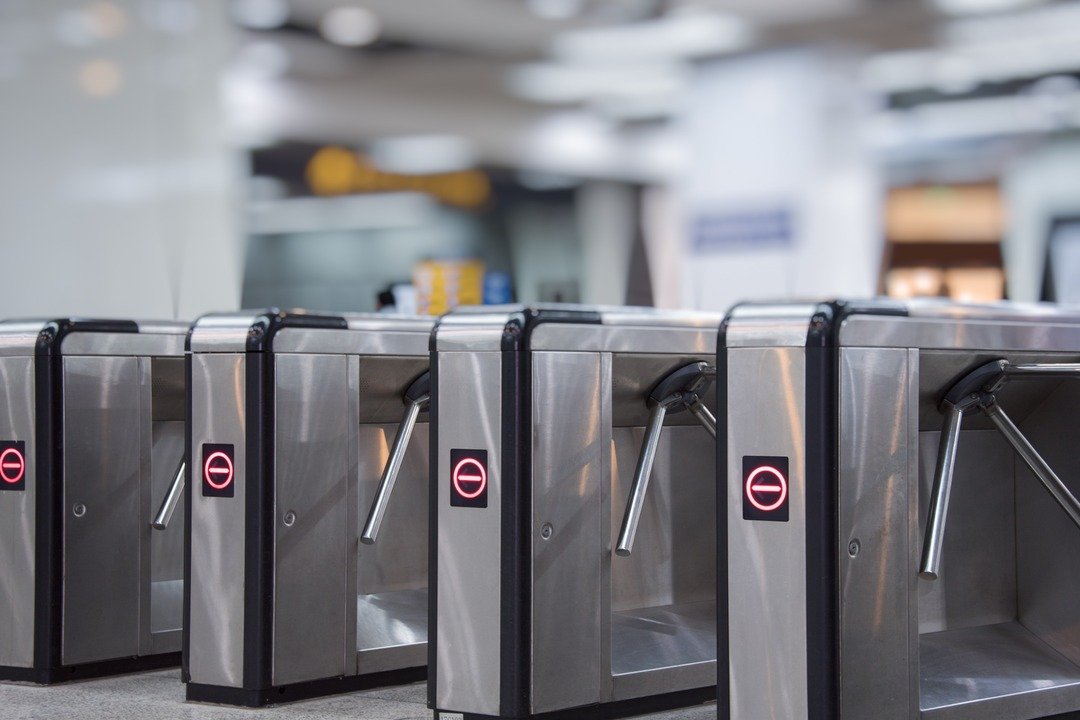The European Union’s Commission will allow Malta to implement an alternative system at its borders in place of the automatic Entry/Exit System (EES), but this will only be a temporary measure. The Maltese government and the EU Commission have agreed on a temporary solution for introducing the EES at Malta's borders, following the country's failure to establish the necessary technology for the automated system's implementation.
According to the Times of Malta, both the government and the European Commission have declined to provide additional details on the matter. However, the Commission has noted that Malta is among the few EU countries currently unprepared for the implementation of the system.
On July 3, Maltese politician Peter Agius, a Member of the European Parliament from the Nationalist Party, raised concerns, warning that Malta could face suspension from the Schengen Zone if it fails to implement the Entry/Exit System (EES) on time.
In response, European Commission services informed MEP Agius that the Maltese government is preparing a manual and temporary passport control system in an attempt to remain in the Schengen Zone. However, Agius believes this system will be bureaucratic and could lead to delays at Malta's borders.
Several EU Airports Not Ready for EES Implementation Either
Earlier this month, the British Telegraph reported that many EU airports are also unprepared to implement the EES for third-country nationals by October. The issue is particularly pronounced in smaller airports that have yet to install fingerprint technology. This could pose significant challenges for British nationals traveling to the EU.
Additionally, the Entry/Exit System mobile phone app, designed to facilitate smoother border crossings for travelers, is not expected to be ready by the October 6 deadline and will be introduced at a later date.
The EES is an automated IT system set to begin on October 6, aimed at registering every entry and exit of travelers from third countries. This initiative is part of the EU's efforts to enhance security within its territory and address immigration issues.

